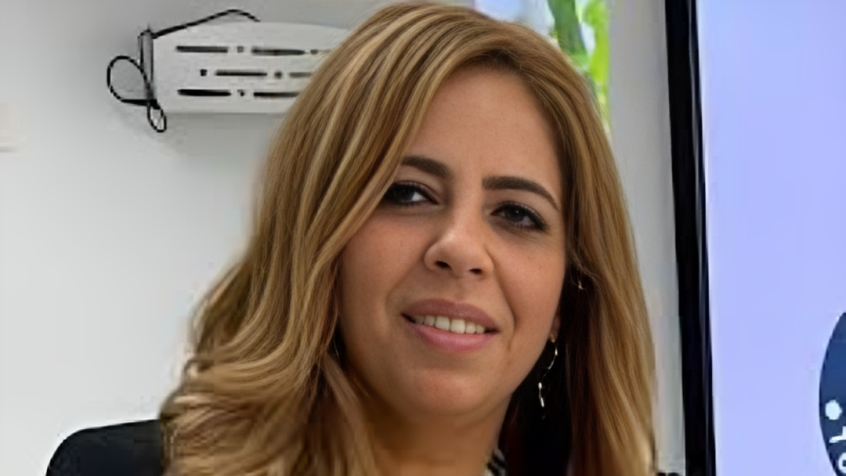Nermean Mostafa, Head of Clinical Oncology unit at Ain shams University, shared on LinkedIn: .
“Happy Father’s Day!
Raising awareness about men’s health generally and prostate cancer especially is crucial for early detection and effective treatment. Here are some key points and advice:
Understanding Prostate Cancer
1. What is Prostate Cancer?
– Prostate cancer develops in the prostate, a small gland that produces seminal fluid in men. It is one of the most common types of cancer in men.
2. Risk Factors
– Age: Risk increases after age 50.
– Family History: Having a father or brother with prostate cancer increases risk
– Diet: A diet high in red meat and high-fat dairy products might increase risk.
Symptoms to Watch For
– Difficulty urinating or a weak urine stream.
– Blood in urine or semen.
– Discomfort in the pelvic area.
– Bone pain (in advanced stages).
Screening and Early Detection
1. PSA Test:
– Measures the level of prostate-specific antigen (PSA) in the blood. Higher levels can indicate prostate cancer, but also benign conditions like prostatitis or an enlarged prostate.
Prevention and Healthy Lifestyle
1. Diet:
– Eat plenty of fruits and vegetables.
– Reduce consumption of red meat and high-fat dairy products.
– Consider foods rich in omega-3 fatty acids, such as fish.
2. Exercise:
– Regular physical activity helps maintain a healthy weight and reduce risk.
3. Regular Check-ups:
– Discuss screening with your doctor, especially if you have risk factors.
Key Takeaways
– Early Detection: Regular screening can detect prostate cancer early when it is most treatable.
– Awareness: Educate yourself and others about the symptoms and risk factors.
– Lifestyle: Adopt a healthy lifestyle to potentially reduce your risk.
Staying informed and proactive about prostate health can make a significant difference. Always consult your health care providers about screening and early detection.”
Source: Nermean Mostafa/LinkedIn


